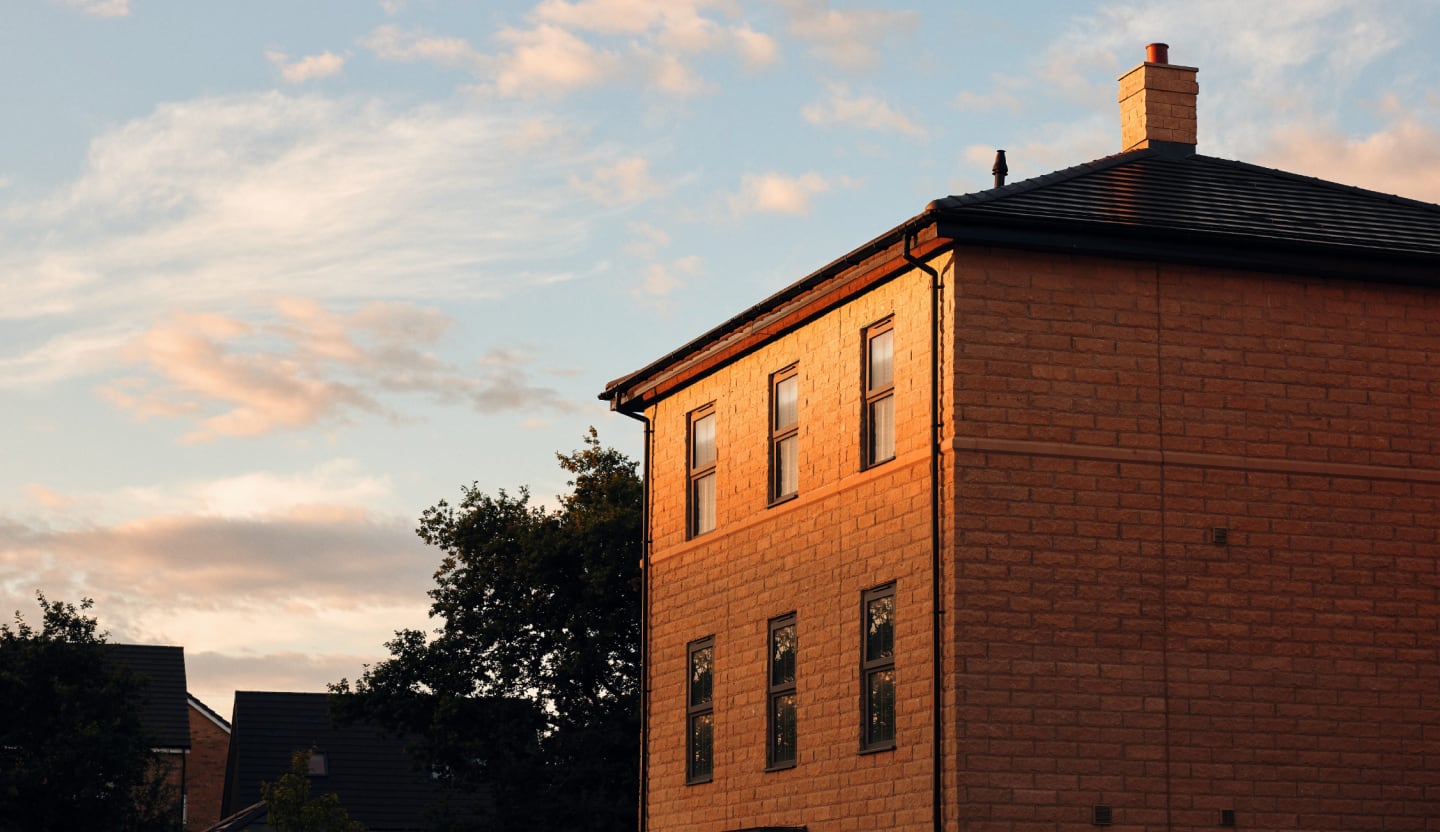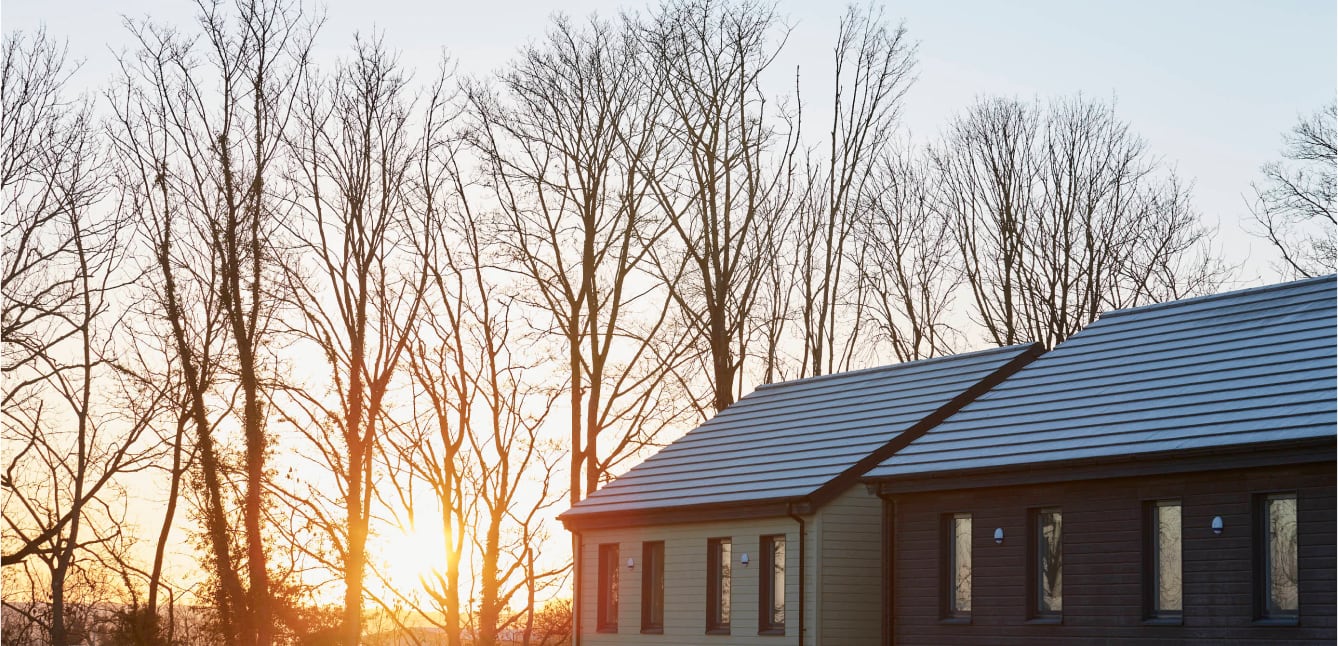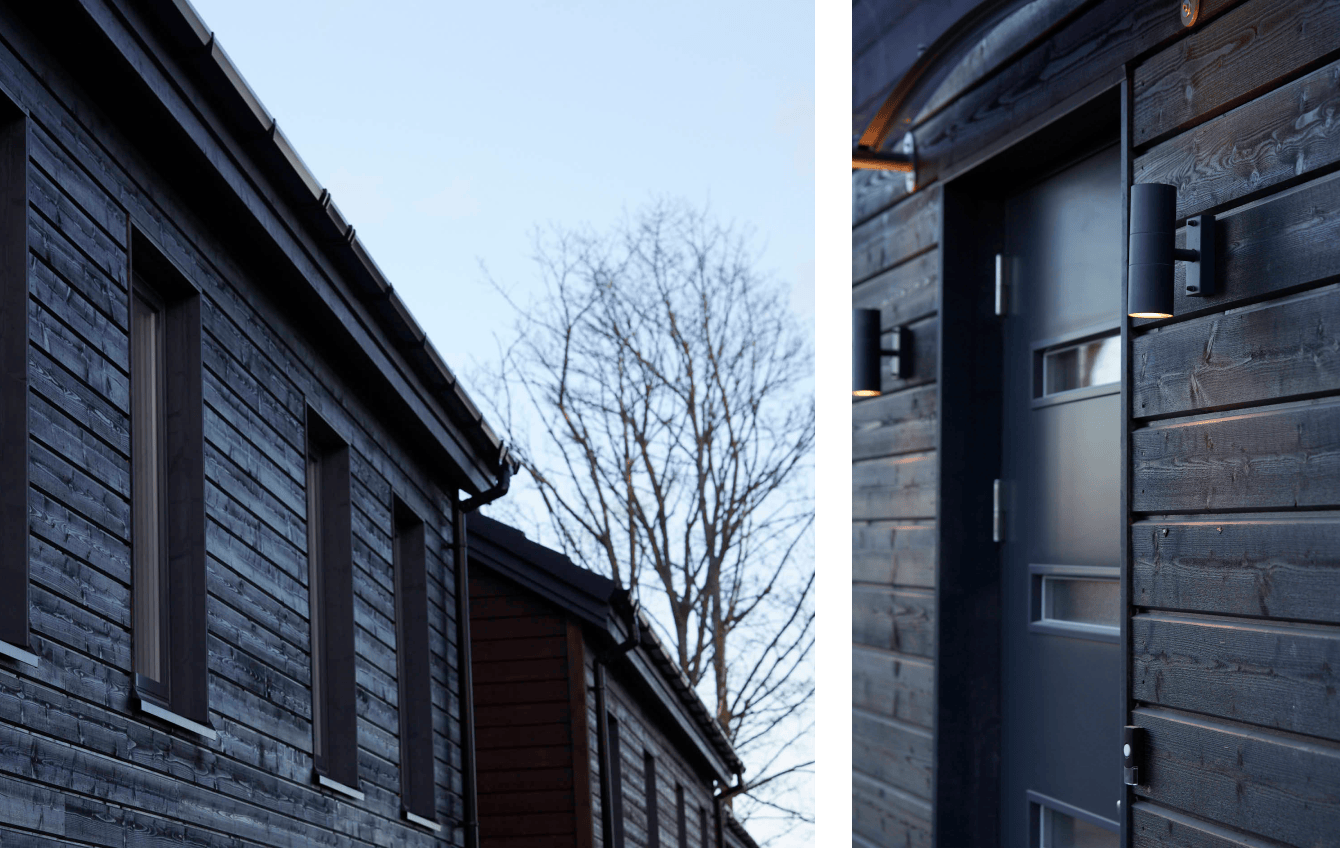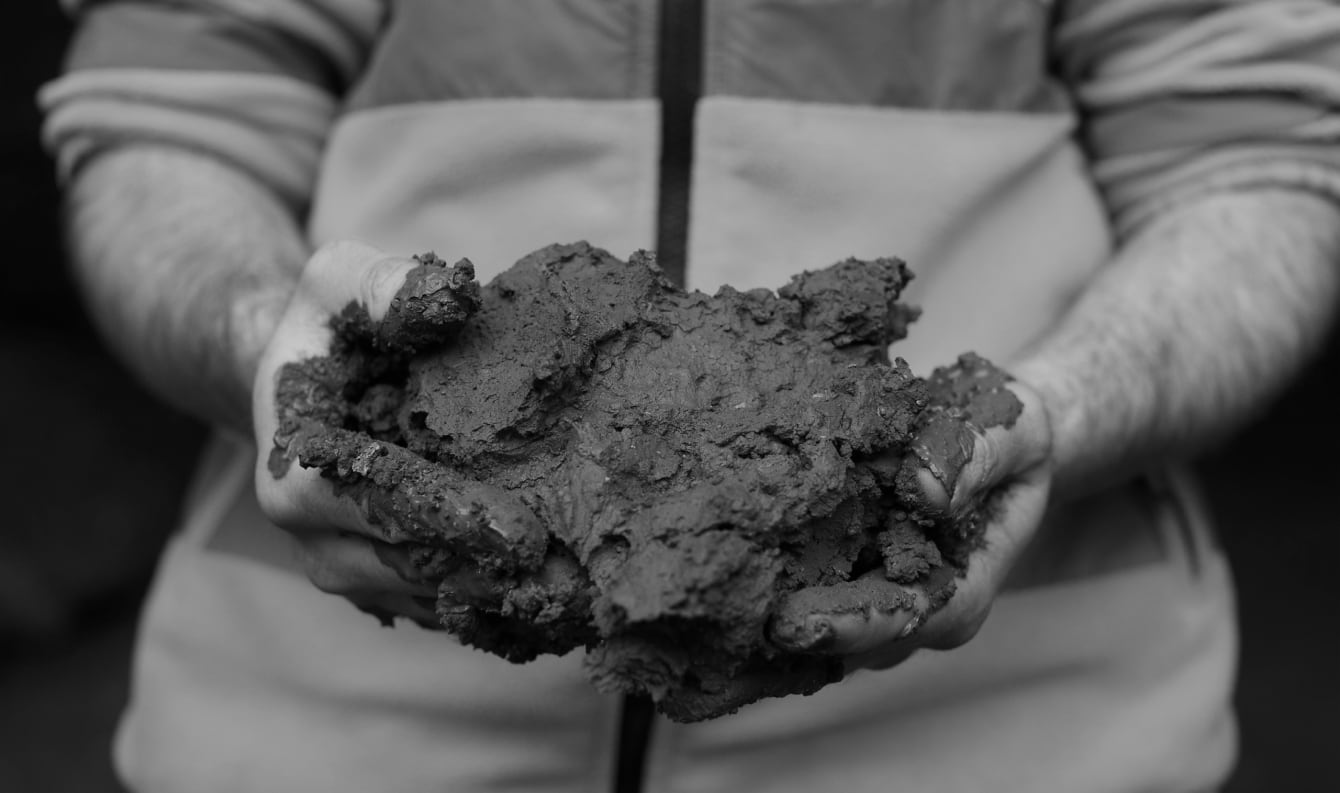Outstanding Homes



Our aim at Strata is to build beautiful and efficient homes that create a sense of identity for our customers. In turn, they can enjoy sustainable living and be assured that throughout the production of their home, we behaved responsibly towards the planet, its resources, and the people within the community, across our supply chain and out on our sites.
We pride ourselves in the high standards that we set to ensure that we behave responsibly and deliver quality homes that you can trust, while continuing to pursue new technologies, materials, and methodologies to create homes that are affordable, efficient and that use natural resources responsibly.

360 in Chesterfield and consisted of 32 low carbon homes.
Building a truly sustainable home is an art and a science, and something that we at Strata are committed to. We are constantly exploring new ways of designing and building our homes, utilising alternative materials and methods to make our homes more efficient to live in and more resource-conscious during building.
We are working on projects big and small to be able to deliver homes that meet our target of achieving net zero carbon operationally by 2030*. Through collaborations and innovation being led by the Carbon & Energy Working Group, we are exploring new technologies and designs to improve home efficiencies. This includes moving to on-site renewables and a shift away from traditional gas heating systems with the aim of creating homes that are both affordable and sustainable for our customers. We are continuing to drive projects forward to work towards this target, while simultaneously creating our Carbon Reduction Roadmap, which will highlight the exact steps we plan to make to achieve our targets.

Addressing the operational carbon associated with the homes we build is just one part of the much bigger picture, which is why we have published the target to ‘reduce embodied scope 3 carbon of developments’. Across the business we are also embracing the Modern Methods of Construction (MMC) where through the exploration of new supply chains, off-site manufacturing methods and materials we can deliver timber frame and panellised homes at varying speeds and efficiency standards. The transition to MMC isn’t easy, but provides a multitude of environmental and social benefits which in turn create benefits for the wider community including:
To deliver truly sustainable homes we also make changes to the ways in which we operate on site to ensure that we are behaving responsibly, preventing pollution and reducing our carbon footprint. The Carbon & Energy Working Group have been working to identify areas for improvement in collaboration with the wider Strata family, implementing trials and transitions to improve efficiencies and reduce the volumes of carbon that we are responsible for. We’re also engaging with our suppliers and subcontractors to begin collecting data within our online system to start building our carbon footprint baseline for operational scope 1, 2 and 3 carbon.
*net zero carbon operationally for scopes 1 & 2 Office: EUI <= 55kWh/m2/ye (GIA)

As a people-centric business, we prioritise the health and safety of the people building our homes and manage our sites in a way that respects the environment and communities around us by preventing pollution, minimising waste and managing our waste and resources correctly.
Our internal Health & Safety Management System is externally certified and accredited to the SSIP standard SMAS which aligns to ISO 45001. We pride ourselves in upholding strict safety and environmental standards that all sites, site teams and subcontractors must adhere to. All team members who work on site receive regular training based on a training matrix that ensures that each individual employed by Strata have the skills they need to safely carryout their roles in a way that doesn't negatively impact the environment. All subcontractors that work on site must also adhere to the same standards and provide evidence that all relevant qualifications and training requirements are met prior to induction to site, as stipulated in contract documents.
Designated competent members of the Health & Safety team carry out monthly inspections across all sites, assessing compliance against a variety of safety and environmental factors. The findings of these inspections are reported back to site teams, production managers and relevant directors via our online management system who then review and monitor the progress of each site, discussing monthly as part of a standing agenda item at board level. Directors have further involvement through the delivery of regular spot checks where a condensed health, safety and environmental inspection is carried out, outside of the scheduled monthly visits.

When building our homes we rely heavily on the resources provided to us by the planet. This is why as a business, implementing the Waste Hierarchy and embedding principles of the Circular Economy is a crucial component of our culture.
In addition to carbon, we acknowledge that water and waste also need to be considered throughout production processes to ensure we are not over-consuming, wasting unnecessarily or incorrectly disposing of resources and materials essential to the creation of our homes.
We are simultaneously collecting data to inform our baseline, while engaging with each other, suppliers and subcontractors to identify areas where resources can be better managed or where waste can be avoided, reused or disposed of in an improved manner. Many of our suppliers have made changes to their packaging to reduce the volume of waste associated with the delivery and storage of materials and we champion good practice examples where innovative projects have been implemented by team members on site to encourage the reuse of excess materials prior to disposal.
We are proud to be working alongside trusted waste providers to divert construction waste from landfill as we work towards our target of achieving ‘zero office and construction waste to landfill by financial year 2025’ and to reduce construction packaging and office waste generation intensity per year, based on our baseline for 2023-24 which is currently being finalised.
